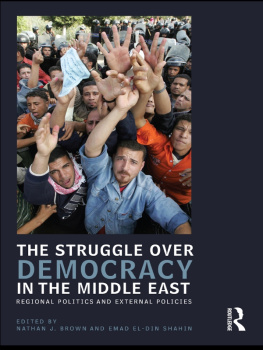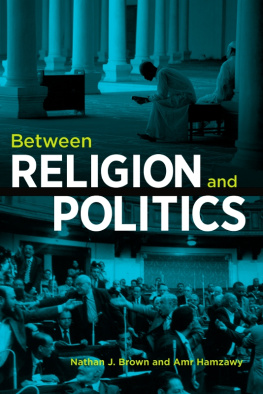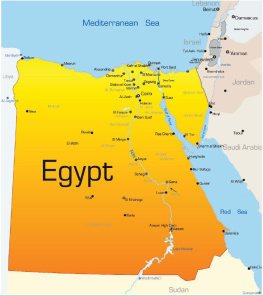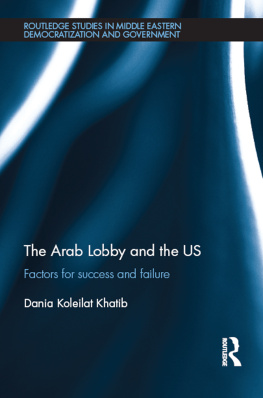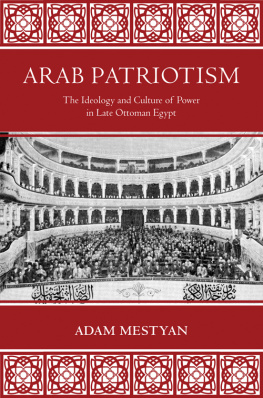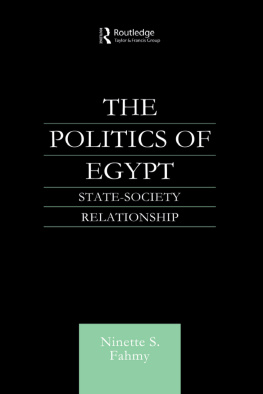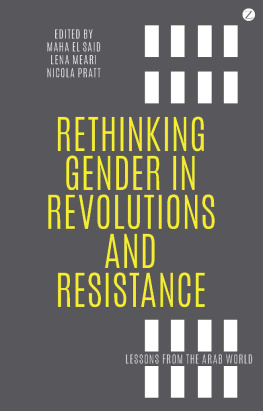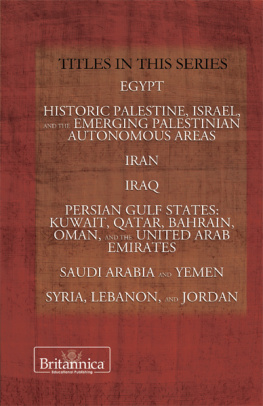Cover
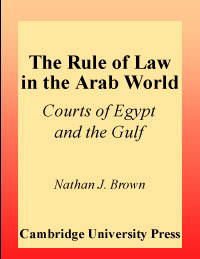
| title | : | The Rule of Law in the Arab World : Courts in Egypt and the Gulf Cambridge Middle East Studies ; 6 |
| author | : | Brown, Nathan J. |
| publisher | : | Cambridge University Press |
| isbn10 | asin | : |
| print isbn13 | : | 9780521590266 |
| ebook isbn13 | : | 9780511002731 |
| language | : | English |
| subject | Courts--Arab countries, Courts--Egypt, Courts--Persian Gulf States, Rule of law--Arab countries, Rule of law--Egypt, Rule of law--Persian Gulf States. |
| publication date | : | 1997 |
| lcc | : | KMC459.B76 1997eb |
| ddc | : | 347/.1492701 |
| subject | : | Courts--Arab countries, Courts--Egypt, Courts--Persian Gulf States, Rule of law--Arab countries, Rule of law--Egypt, Rule of law--Persian Gulf States. |
Page i
Nathan Brown's comprehensive and penetrating account of the development and operation of the courts in the Arab world is based on extensive fieldwork in Egypt and the Gulf. The book addresses several important questions. Why, for example, did Egypt's political leaders construct an independent judicial system which so obviously limited their own authority? And why does a seemingly autonomous and dilatory system recommend itself to Arab states outside Egypt as diverse as Libya, Kuwait, Iraq, and the Gulf? While most accounts stress the role of imperialism or liberal ideology in answering such questions, the author maintains that the primary purpose of the system certainly in the eyes of the political leaders who have built and sustained it is to provide support for the officially sanctioned order. In other words, the Egyptian legal and judicial system was constructed as an integral part of an effort to build a stronger, more effective, more centralized, and more intrusive state. The system offers similar attractions for other Arab rulers.
From the theoretical perspective, the book makes a powerful and original contribution to the debates about liberal legality, external and internal sources of political change during and after imperialism, and the relationship between law and society in the developing world. It will be widely read by scholars of the Middle East, law students, and anyone with an interest in the history of law and its evolution.
Page ii
This page intentionally left blank.
Page iii
Cambridge Middle East Studies
The rule of law in the Arab world
Page iv
Cambridge Middle East Studies 6
Editorial Board
Charles Tripp (general editor)
Shaul BakhashMichael C. HudsonNoah Lucas
Deniz KandiyotiRashid KhalidiBasim Musallam
Roger Owen
Cambridge Middle East Studies has been established to publish books on the nineteenth- and twentieth-century Middle East and North Africa. The aim of the series is to provide new and original interpretations of aspects of Middle Eastern societies and their histories. To achieve disciplinary diversity, books will be solicited from authors writing in a wide range of fields including history, sociology, anthropology, political science and political economy. The emphasis will be on producing books offering an original approach along theoretical and empirical lines. The series is intended for students and academics, but the more accessible and wide-ranging studies will also appeal to the interested general reader.
- Parvin Paidar, Women and the political process in twentieth-century Iran
- Israel Gershoni and James Jankowski, Redefining the Egyptian nation, 19301945
- Annelies Moors, Women, property and Islam: Palestinian experiences, 19201990
- Paul Kingston, Britain and the politics of modernization in the Middle East, 19451958
- Daniel Brown, Rethinking tradition in modern Islamic thought
Page v
The rule of law in
the Arab world
Courts in Egypt and the Gulf
Nathan J. Brown
The George Washington University

Page vi
PUBLISHED BY CAMBRIDGE UNIVERSITY PRESS (VIRTUAL PUBLISHING) FOR AND ON BEHALF OF THE PRESS SYNDICATE OF THE UNIVERSITY OF CAMBRIDGE
PUBLISHED BY THE PRESS SYNDICATE OF THE UNIVERSITY OF CAMBRIDGE
The Pitt Building, Trumpington Street, Cambridge CB2 1RP
CAMBRIDGE UNIVERSITY PRESS
The Edinburgh Building, Cambridge, CB2 2RU, United Kingdom
40 West 20th Street, New York, NY 100114211, USA
10 Stamford Road, Oakleigh, Melbourne 3166, Australia
Nathan J. Brown 1997
This edition Nathan J. Brown (Virtual Publishing) 2001
This book is in copyright. Subject to statutory exception and to the provisions of relevant collective licensing agreements, no reproduction of any part may take place without the written permission of Cambridge University Press.
First published 1997
Printed in the United Kingdom at the University Press, Cambridge
Typeset in Plantin 10/12 pt
A catalogue record for this book is available from the British Library
Library of Congress Cataloguing in Publication data
Brown, Nathan J.
The rule of law in the Arab world: courts in Egypt and
the Gulf/Nathan J. Brown.
p.cm. (Cambridge Middle East studies)
Includes bibliographical references and index.
ISBN 0 521 59026 4 (hardback)
1. Courts Arab countries.2. Courts Egypt.
3. Courts Persian Gulf States.4. Rule of law Arab countries.
5. Rule of law Egypt.6. Rule of law Persian Gulf States.
I. Title.II. Series.
KMC459.B761997
347'.1492701dc219644075CIP
ISBN 0 521 59026 4 hardback
eISBN 0 521 59026 4 virtual (netLibrary Edition)
CE
Page vii
To Judy
Page viii
This page intentionally left blank.
Page ix
Contents
| Preface | page xi |
| Glossary | xv |
| 1 | Arab courts in comparative perspective | 1 |
| 2 | The creation and operation of the modem Egyptian legal system, 18761937 | 23 |
| 3 | Egyptian courts, 19371971: centralization, authoritarianism, and socialism | 61 |
| 4 | Egyptian courts, 19711996: the reemergence of liberal legality | 93 |
| 5 | Legal reform in the Arab states of the Gulf | 129 |
| 6 | The legal system and the rule of law in Kuwait and Qatar | 157 |
| 7 | Popular uses of the courts | 187 |
| 8 | Business and the courts | 221 |
| Conclusion | 236 |
Bibliography | 245 |
| Index | 253 |
Page x
This page intentionally left blank.
Page xi
Preface
In 1995, the Palestinian authority in Gaza and Jericho took its first unambiguous step in the direction of statehood by creating State Security Courts for cases of political violence (especially against Israeli targets). At the same time an assortment of Islamist movements in neighboring Egypt were engaged in a violent struggle with state authorities, with the movements claiming that the failure to implement the Islamic 
Next page

